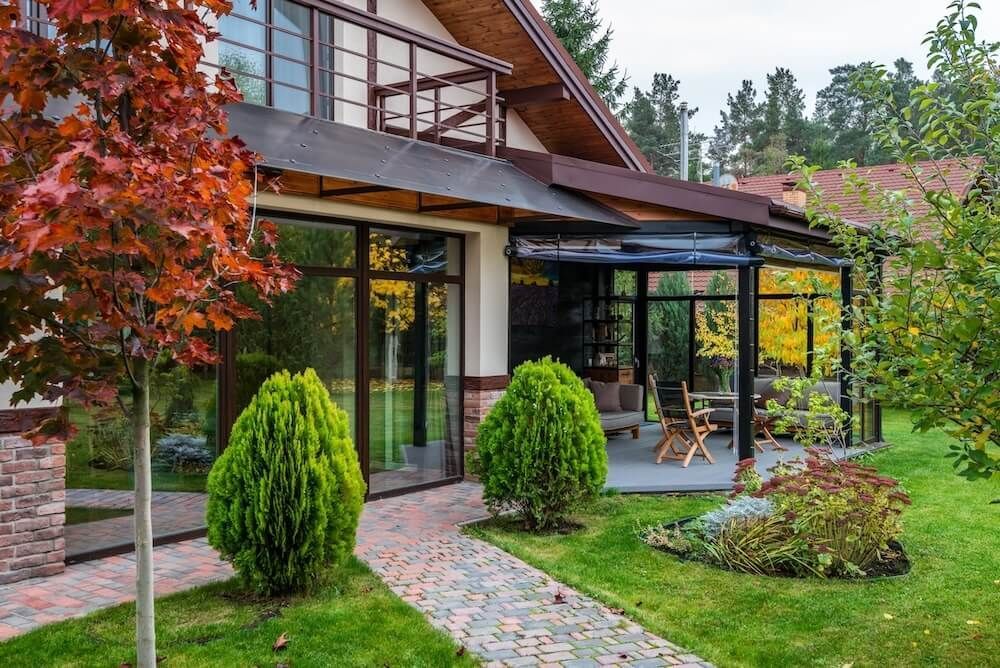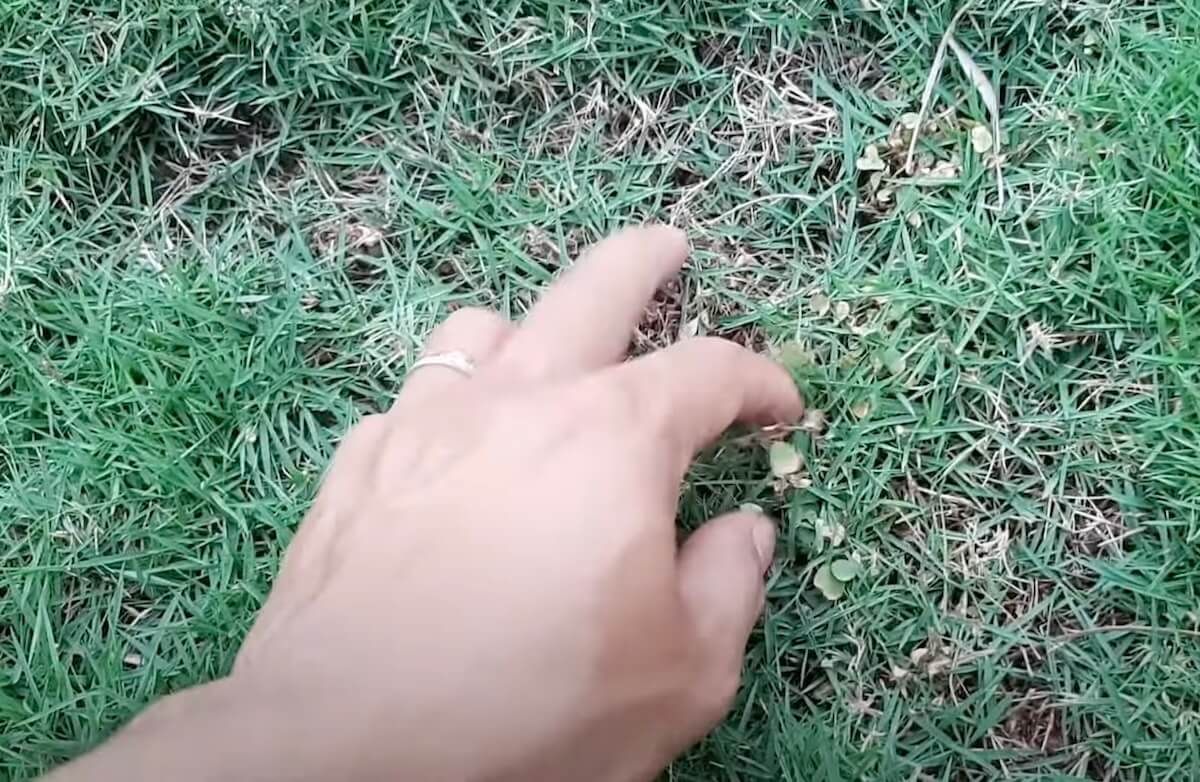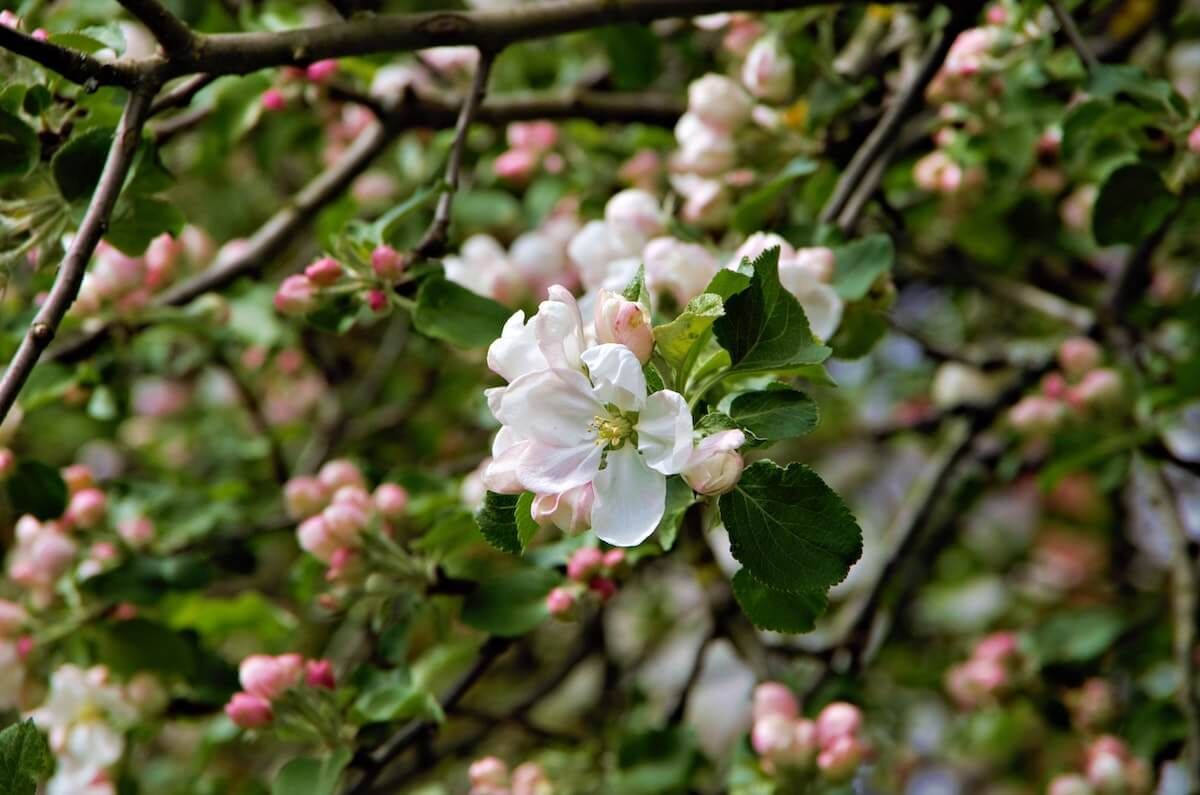Care and Maintenance of Your Garden Plants

To watch celebrity gardeners water, prune, mulch and fertilize garden plants on national television in a span of 30 minutes, you'd think gardening was as easy as flipping channels on the remote.
Perhaps that's why they call television the boob tube because caring for and maintaining garden plants requires much more than a telegenic countenance and takes longer than a lifestyle program timeslot.
Proper care and maintenance of garden plants takes time, effort, and adequate gardening know-how.
Garden Plants: Care & Maintenance
As a novice gardener, you might have had your share of garden plants that withered or perished under your care.
Expect a few gardening setbacks along the way, but do not let these disappointments deter you from striving for a lush, beautiful garden full of healthy garden plants.
Watering Garden Plants
Watering appears to be one of the trickiest aspects of gardening. Water too much and your garden plants drown; water too little and they wither.
A garden plant's water needs are determined by a host of factors, which include soil characteristics, microclimates, plant size, and the amount of rainfall that your garden receives.
The rule of thumb that many budding gardeners have found to be helpful is to apply 1 inch of water a week to established garden plants.
Additionally, you may have to listen to your instincts to know when to water your garden plants and when to keep the water hose turned off.
Check your garden plants for overwatering and underwatering symptoms, such as wilting, yellowing, or curling of leaves, and unusual leaf drops.
Another time-tested rule is to water slowly and deeply. You could lose a lot of water to runoff if you water too fast, while shallow watering discourages deep root growth in garden plants.
Garden Plants Mulching
Mulch is a layer of material spread on top of the soil to prevent soil erosion, conserve soil moisture in the summer, discourage weed growth, and improve the appearance of your garden.
Mulch materials may be organic or inorganic. Organic mulches, such as lawn clippings, leaf mold, bark chips, pine needles, and compost, decompose to provide nutrients for the growth of garden plants and create an ideal environment for beneficial soil organisms.
Inorganic mulches, such as stones, plastic, and landscape fabric, shade the soil and conserve water in the summer, but they don't do anything to improve the soil.
The choice of mulch material and timing of application will depend on what you hope to achieve for your garden plants.
If you mulch to moderate soil temperature, mulch after the soil has sufficiently warmed up in the spring and after the ground has frozen in the winter.
If you mulch to create a more polished look for your garden, choose mulch materials that complement the texture and color of your garden plants.
Garden Plants Fertilization
Garden plants need nutrients to achieve optimum growth and produce fruits and flowers. Although some garden plants will grow and thrive without fertilization, there are others that need more nutrients than unfertilized soil and mulches can provide.
Fertilizers fill the nutrient gap by supplying garden plants with three major nutrients they need for healthy growth: nitrogen, phosphorus, and potassium.
Nitrogen promotes healthy foliage, phosphorus is critical for root growth, and potassium is responsible for good blooming.
Fertilizers fall under two broad categories: organic and inorganic or synthetic. Organic fertilizers are derived from natural materials produced by living things.
Commonly used organic fertilizers include animal manure, bone meal, bloodmeal, and compost. Inorganic or synthetic fertilizers are manufactured from nonliving materials, such as deposits of phosphates and potash.
Although organic and inorganic fertilizers do not exhibit fundamental differences in nutrient quality, each class of fertilizer has its own set of advantages and disadvantages.
Organic fertilizers release nutrients to garden plants slowly, at a rate that may not catch up with the growth needs of the garden plants, while inorganic fertilizers make nutrients immediately available to garden plants.
However, the quick-release property of inorganic fertilizers is also a drawback because heavy application can damage seedlings and young garden plants. Organic fertilizers improve the soil and enhance its ability to hold water and nutrients.
Pruning Garden Plants
Pruning improves the health of garden plants by removing damaged parts or parts that no longer have any use to the garden plants.
Pruning also enhances the physical appearance of garden plants by restricting their size and form to achieve a desired look.
When pruning garden plants and trees, it is practical to first remove broken, dead, or diseased branches and limbs.
After the problem limbs have been removed, you may start pruning to train the garden plants to grow into the desired shape.
Make sure you prune according to the natural growth habit of garden plants. Improper pruning may cause disease or decay in your garden plants.
Pest Control for Garden Plants
Garden pest control can either be biological or non-biological/chemical, or a combination of both. Biological pest control for garden plants involves the use of natural enemies such as parasites, pathogens, and small predators to get rid of pests and insects that damage garden plants, while non-biological pest control requires the use of pesticides.
Although biological pest control agents are generally seen as less harmful to the environment than chemical agents, their use is frustrated by the challenge of locating natural enemies and introducing them into the garden's environment.
Pesticides may be readily available and easier to deploy than biological pest control agents, but improper use can pose a significant threat to human health and the environment.
Integrated pest management extracts the advantages of biological and chemical pest control and combines them with horticultural pest management techniques to effectively manage and control pests that destroy garden plants.
Proper care and maintenance of garden plants is achieved by the correct application of scientific knowledge about garden plants and the environment and the use of appropriate lawn and garden tools and products.
If you wish to learn more about the care and maintenance of garden plants, you may consult e-books, gardening websites, and literature published by your local agricultural extension office.
















